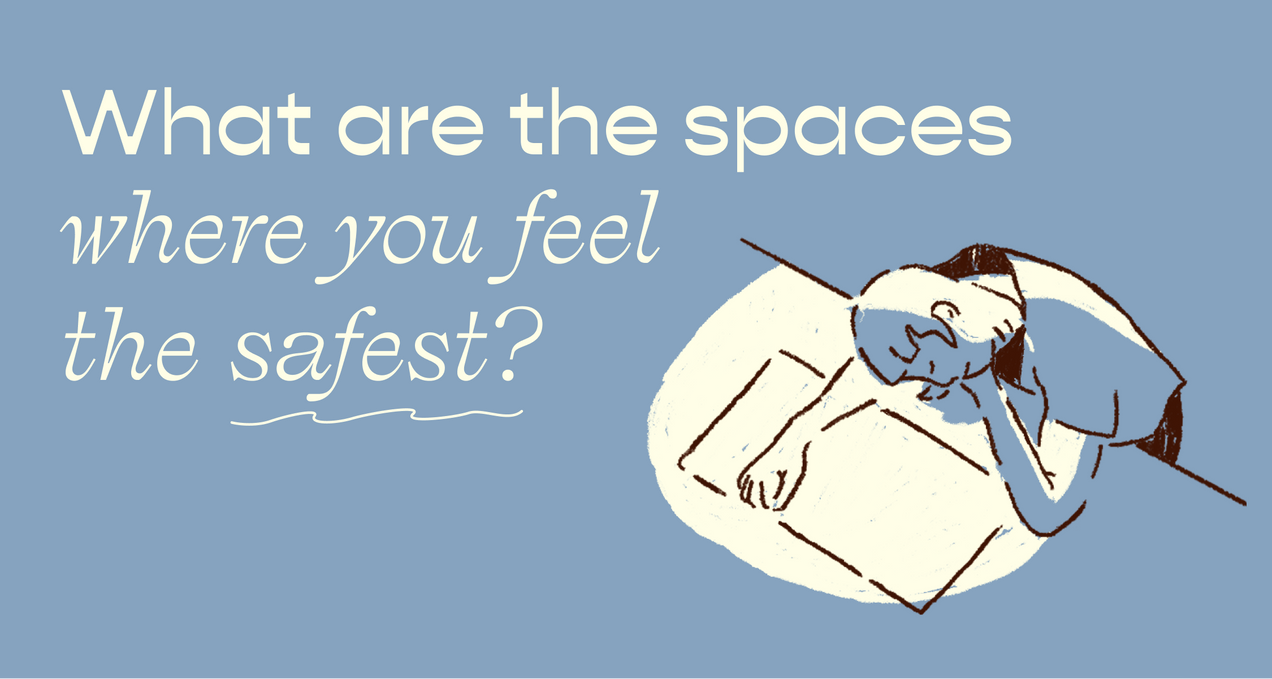
Kontinentalist
-
107 posts
Connecting the dots in Southeast Asia — issue #46
August is a month during which Singapore’s patriotism goes into overdrive. Flags sprout across the island like mushrooms after rain. National Day songs are modernised and mild, milked to maximum saccharine effect. The message is one of exceptionalism–there was a time when people said that Singapore won'
Reimagining kinship in a culture of convenience — issue #45
Recently I was sitting in an alleyway in George Town, Penang, that smelled gloriously of roasted coffee beans and charcoal-toasted bread. My husband remarked how happy he was to see young people working there, and expressed hope that this streetside stall would stand the test of time (and that we
When was the last time we touched grass? — issue #44
I’ve been thinking about what it means to return to the land. This was sparked after we published our recent story on land reclamation. To promote it, I posted about it on Instagram, which was when my cousin noted how apt it was that I had written the story
Kawan is here!
After months of working on this baby, we’re finally ready to share it with the world. If you’re not already caught up, Kawan is our new membership-based community! Meaning friend in Bahasa Melayu and Bahasa Indonesia, it symbolises our mutual desire for a closer connection, and what you,
Migrant workers: Where would we be without them? — issue #43
When the pandemic hit Singapore’s shores, there was an outbreak of cases within the dormitories where migrant workers lived. While there were lockdowns for the general public, there was a sense that the migrant worker community was separate from the locals. Their cases became outliers, not counted as part
For the love of animals — issue #42
I was always more of a people person. A friend now jokingly calls me an animal activist because of all the animal content I send her on Instagram (and the occasional rant on the welfare of stray cats). I am far from being an activist, but I can definitely say
What if we centred women's joy & leisure? — issue #41
I have a confession to make. I am obsessed with true crime. I listen to podcasts about murders and other violent crimes while on the bus, out for my Hot Girl Walks, and even when I’m brushing my teeth. (My Spotify Wrapped was way more macabre than I wish
How does land shape us? — issue #40
I was having dinner with my family one day when the topic of ghosts came up. By then, it had been almost two years since I migrated to Dubai to be with my parents. My uncle and aunt were visiting from Singapore, and my dad and his brother found themselves
How has your community helped you in 2022? — issue #39
As we enter December, it’s a good time to reflect on the past year. Kontinentalist has grown a lot in 2022, and our progress was highlighted by a busy November—winning two awards, receiving invitations to DataFest Tbilisi and other summits, and hosting workshops at major events such as
How do we learn? When will we learn? — issue #38
Recently, I travelled to Christmas Island to learn more about the Malay community there. I spoke to islanders whose ancestors hailed from all over the Malay archipelago—people whose culture, language, and traditions are an amalgamation of their diverse roots. I left feeling more informed, my insights both supplementing and
What are the spaces where you feel safest? — issue #37
In school, I was always considered the smart kid who could do no wrong. While this sounds like a cliché, the cardinal rule at my all-girls Catholic high school was to never stray from this label assigned to me. “Stick to the status quo”, as dictated by one of the
The silent crises in our hands —issue #36
To me, it is a country whose brilliance sometimes casts a shadow on its untold stories. We may be attractive and glamorous from the outside à la Crazy Rich Asians, but what’s less talked about is how our society and its systems can often, intentionally or not, overlook the












